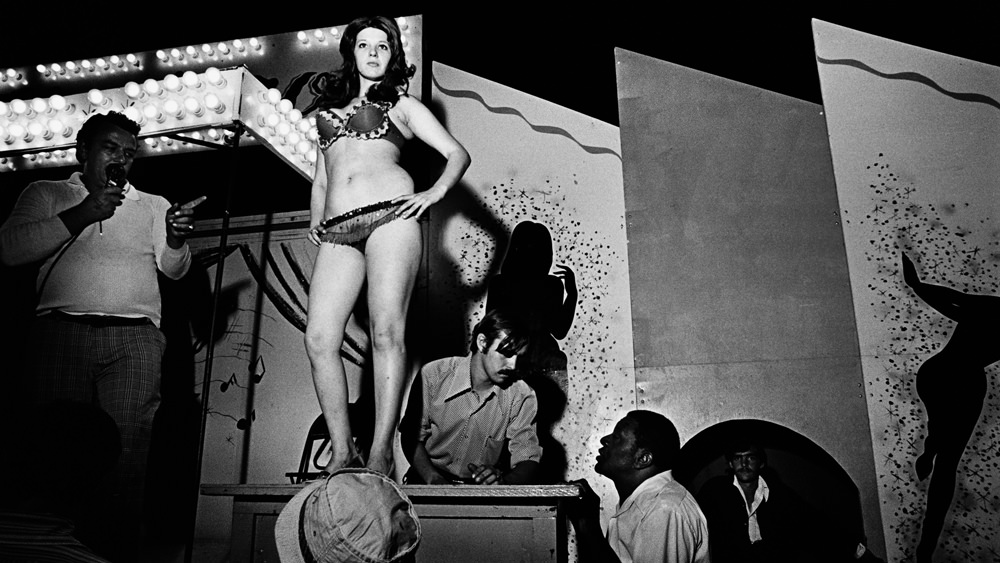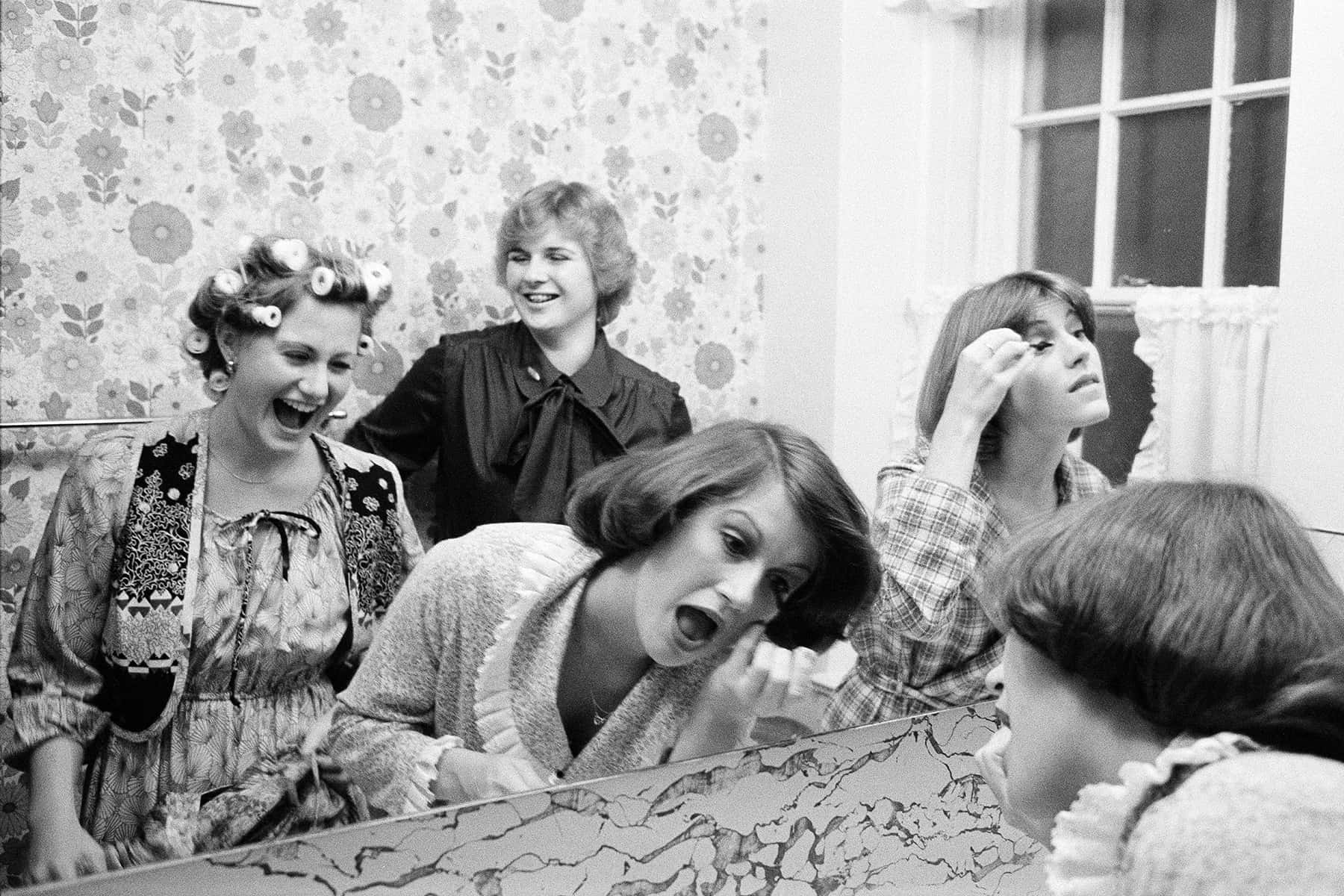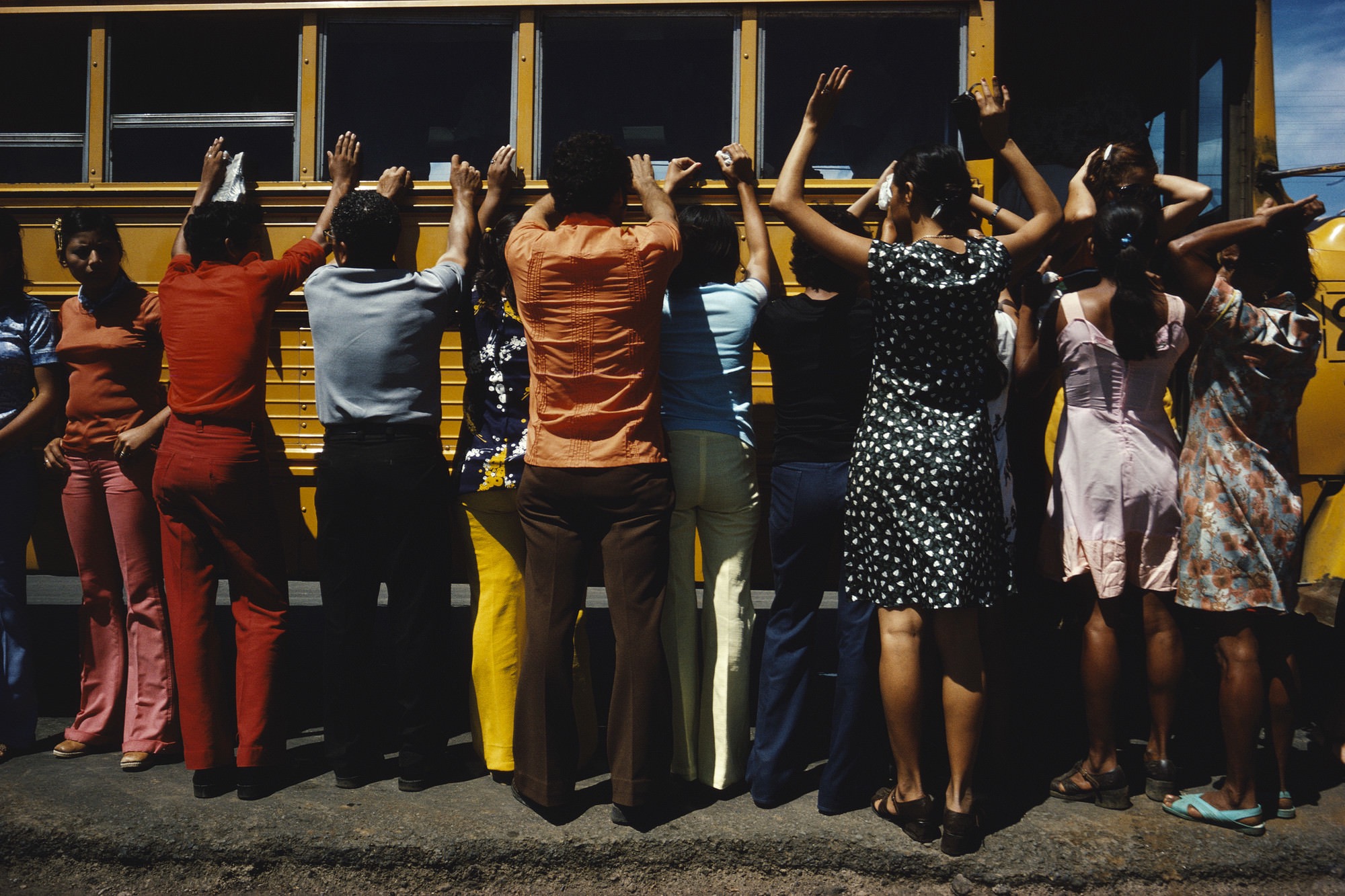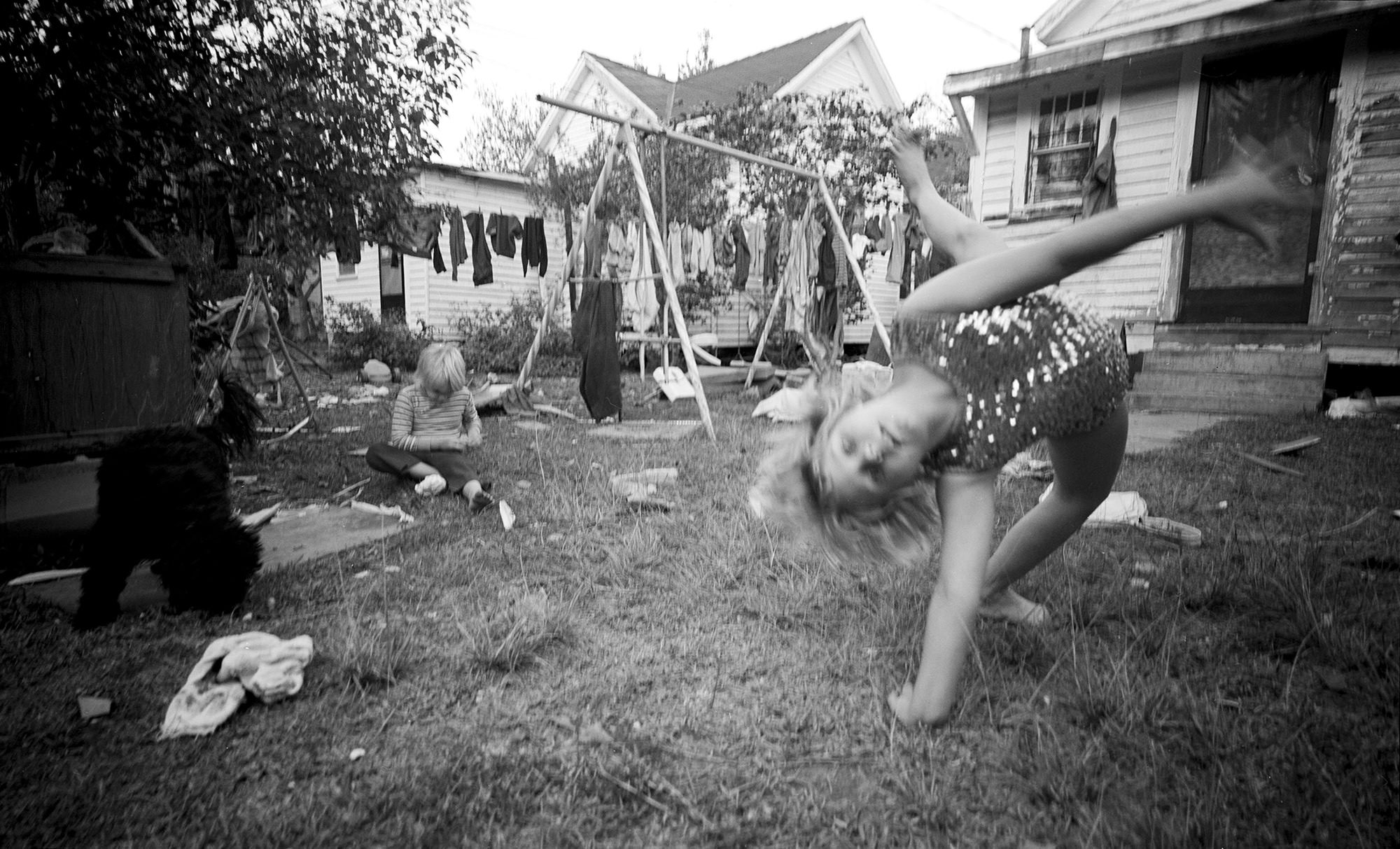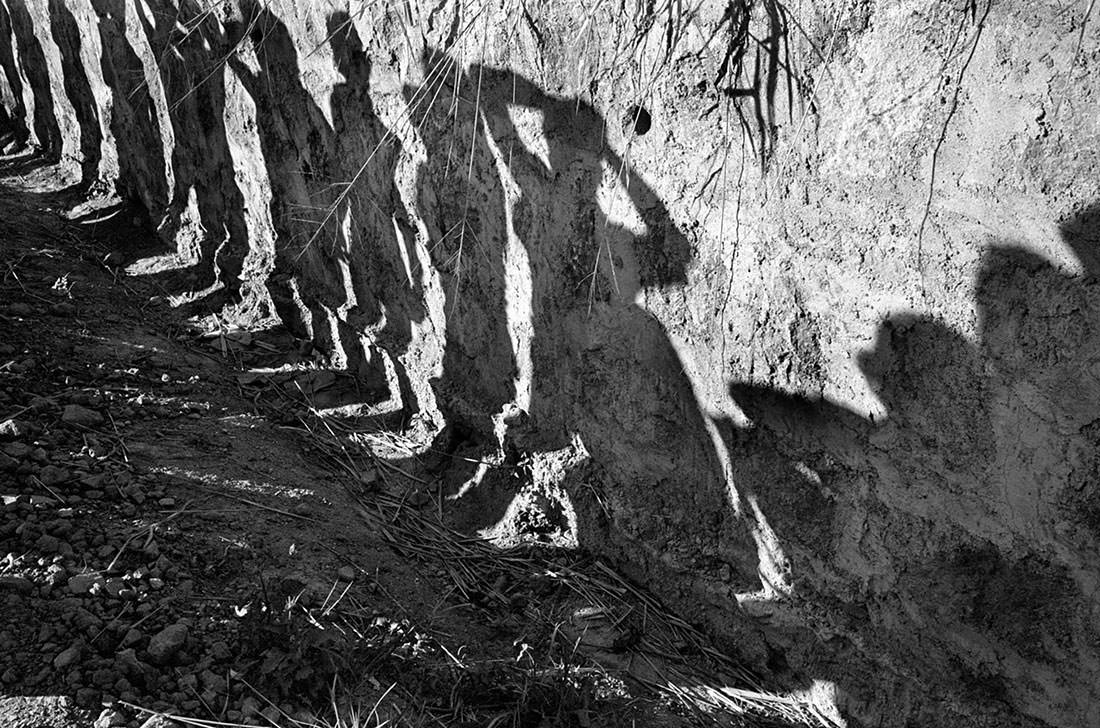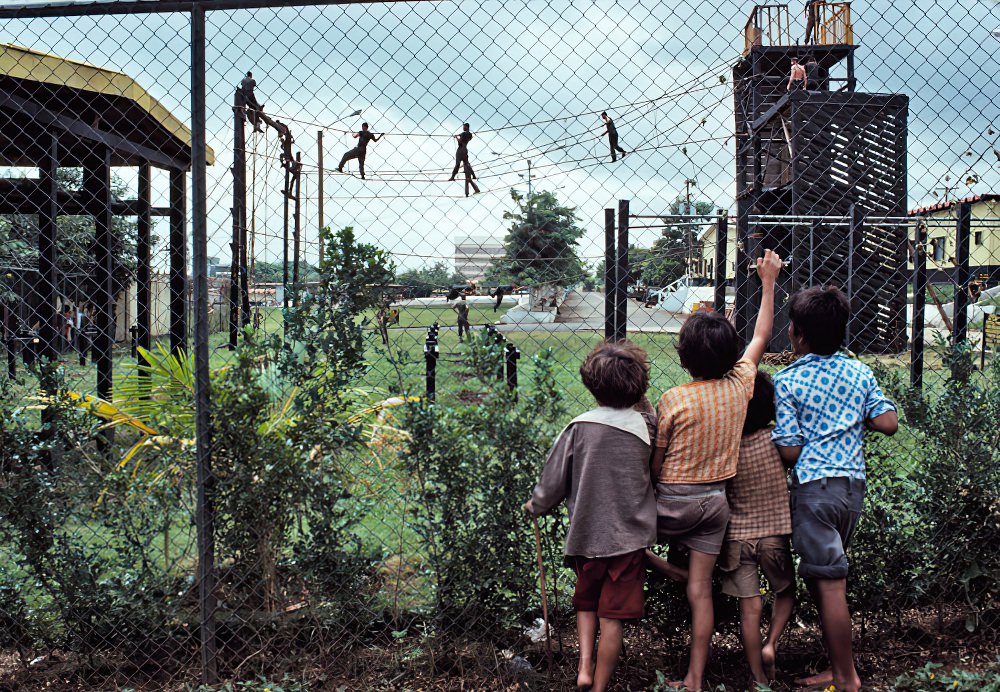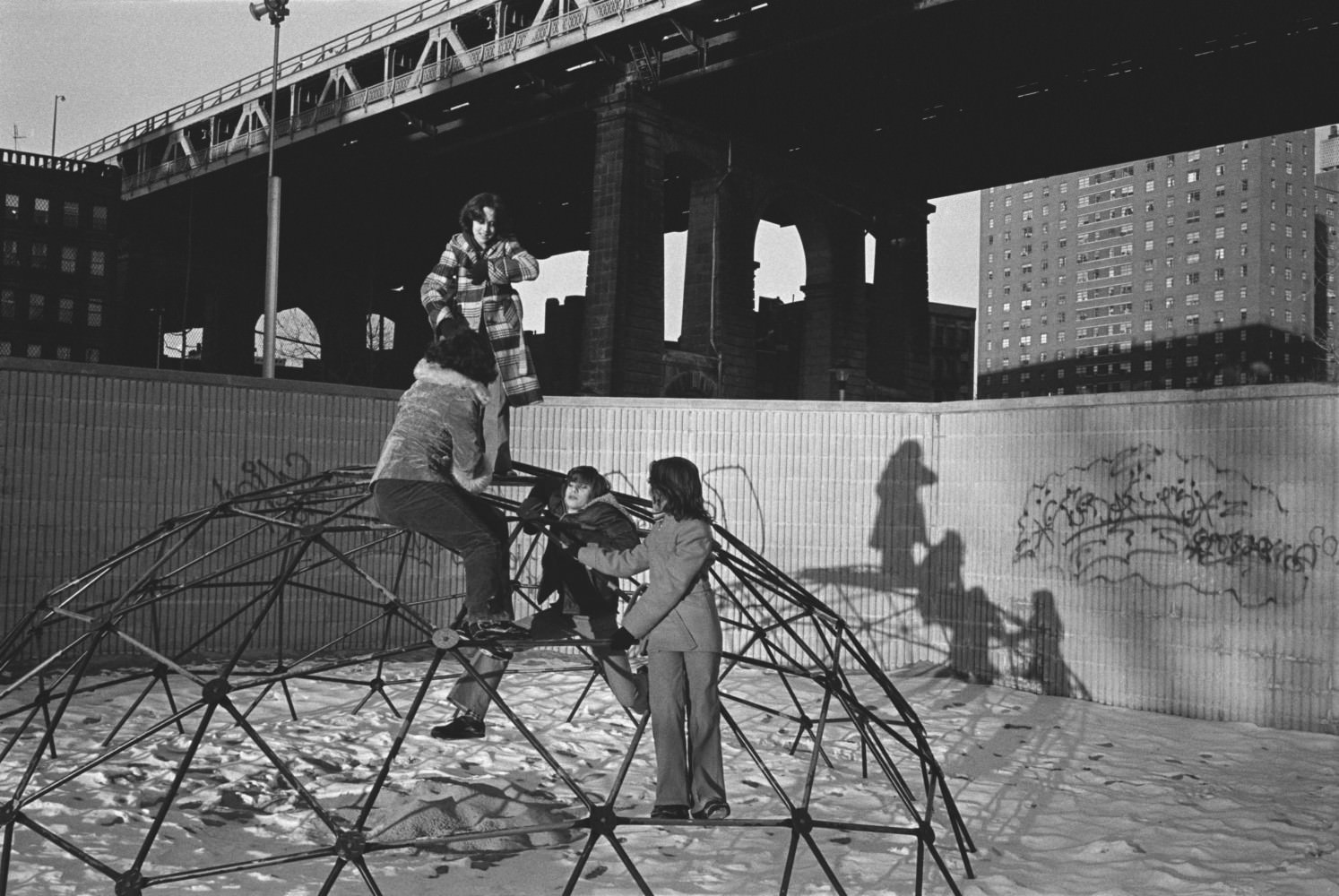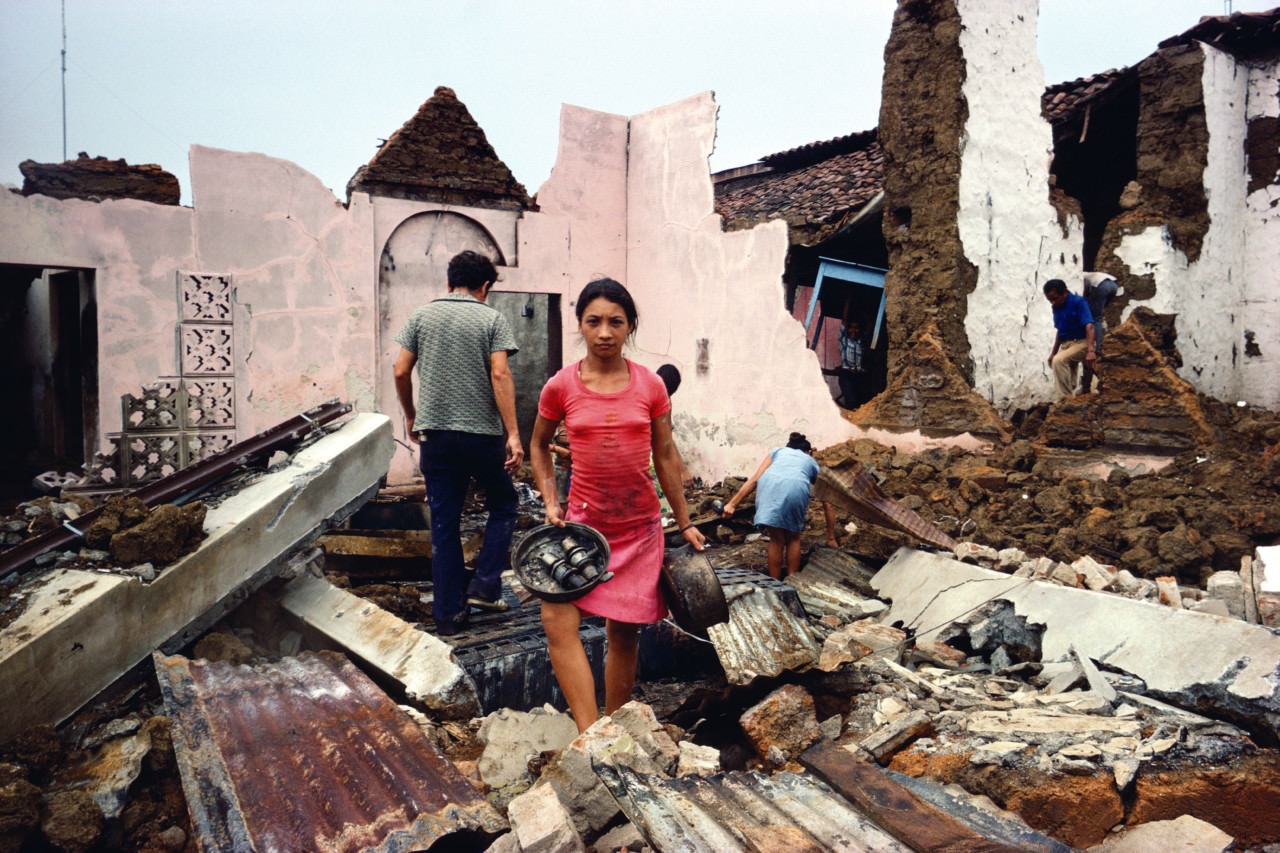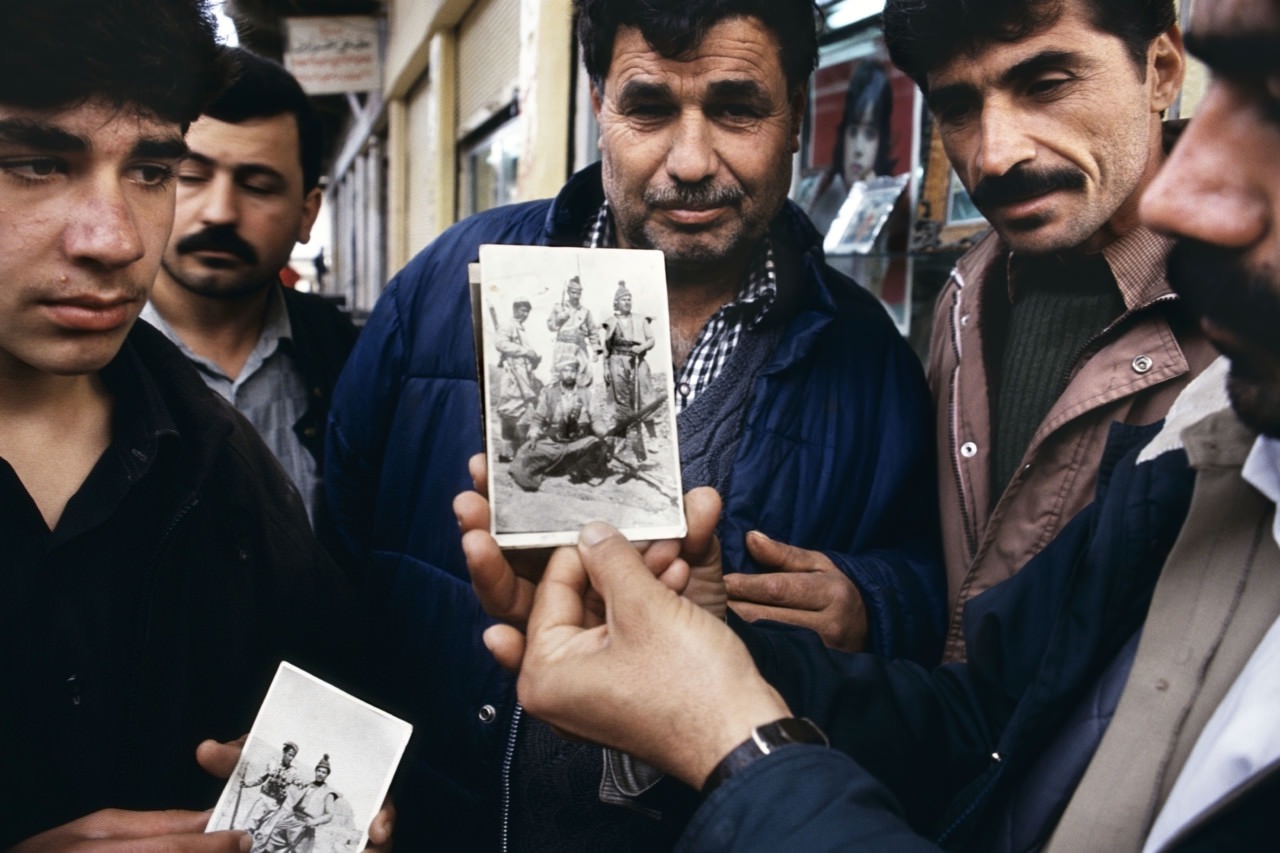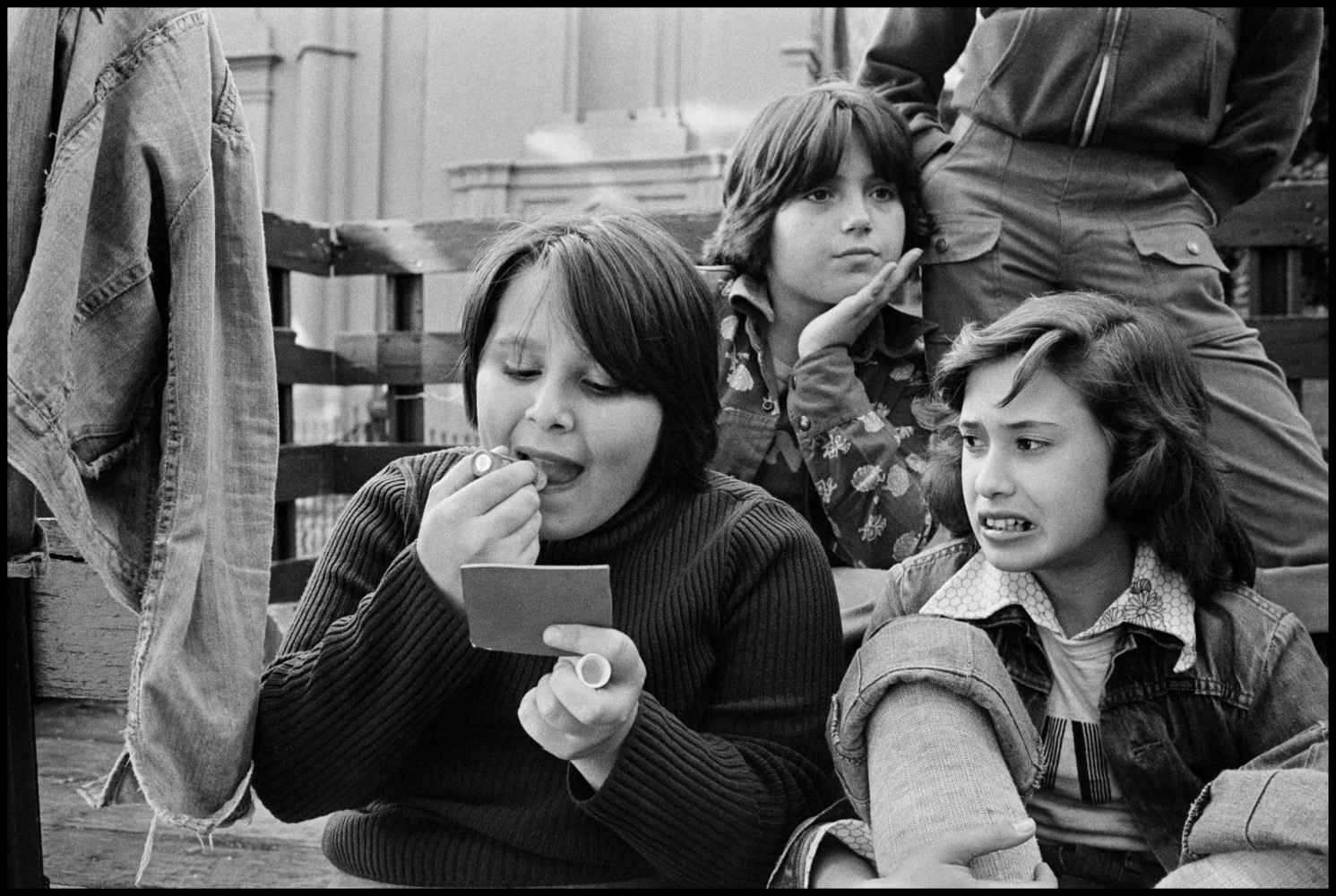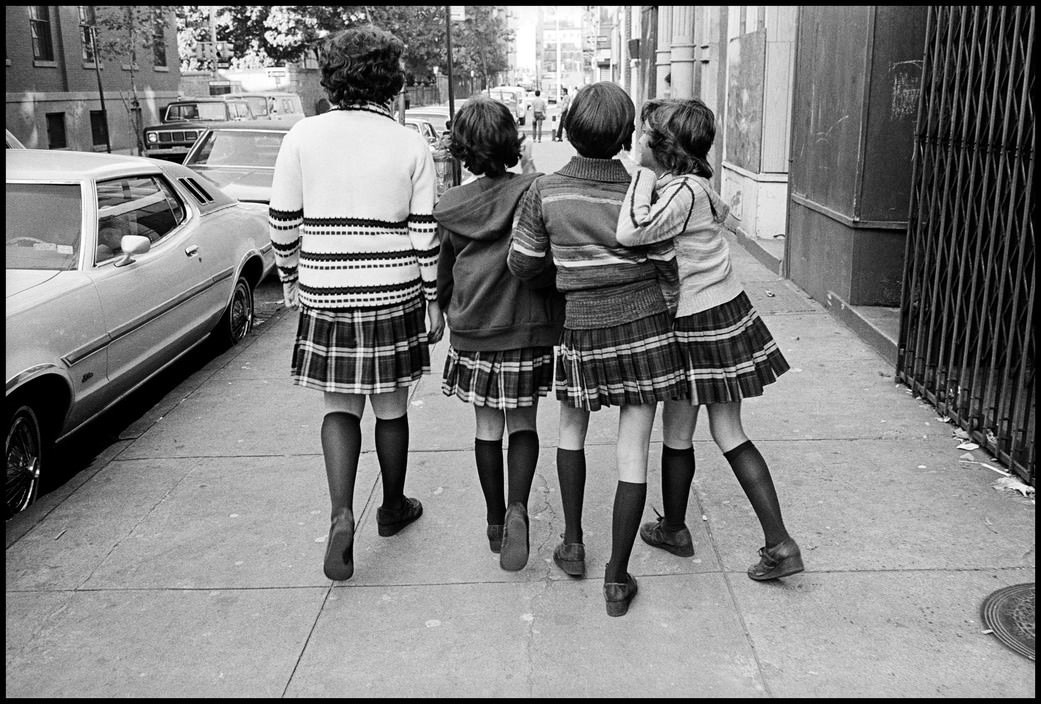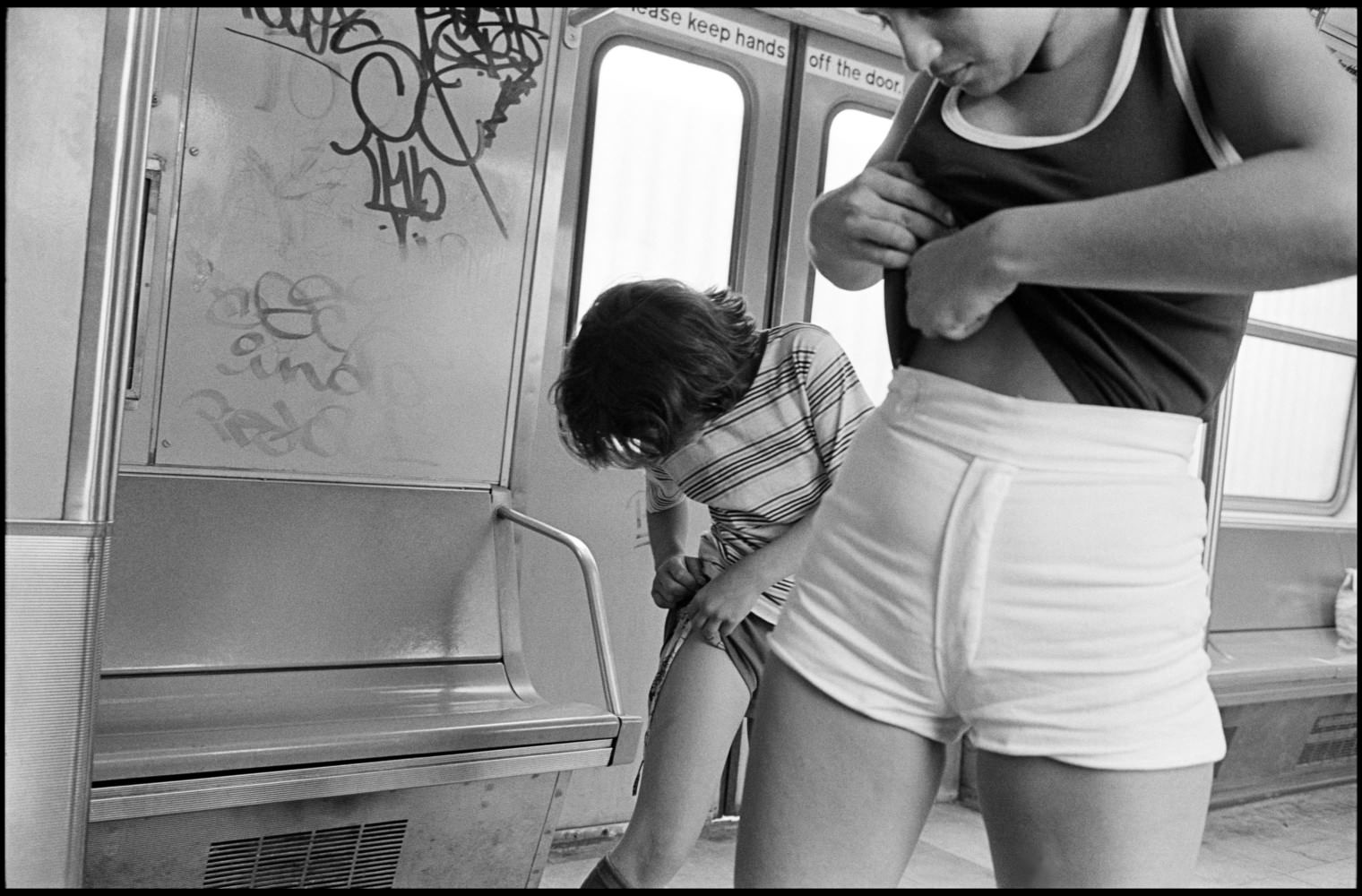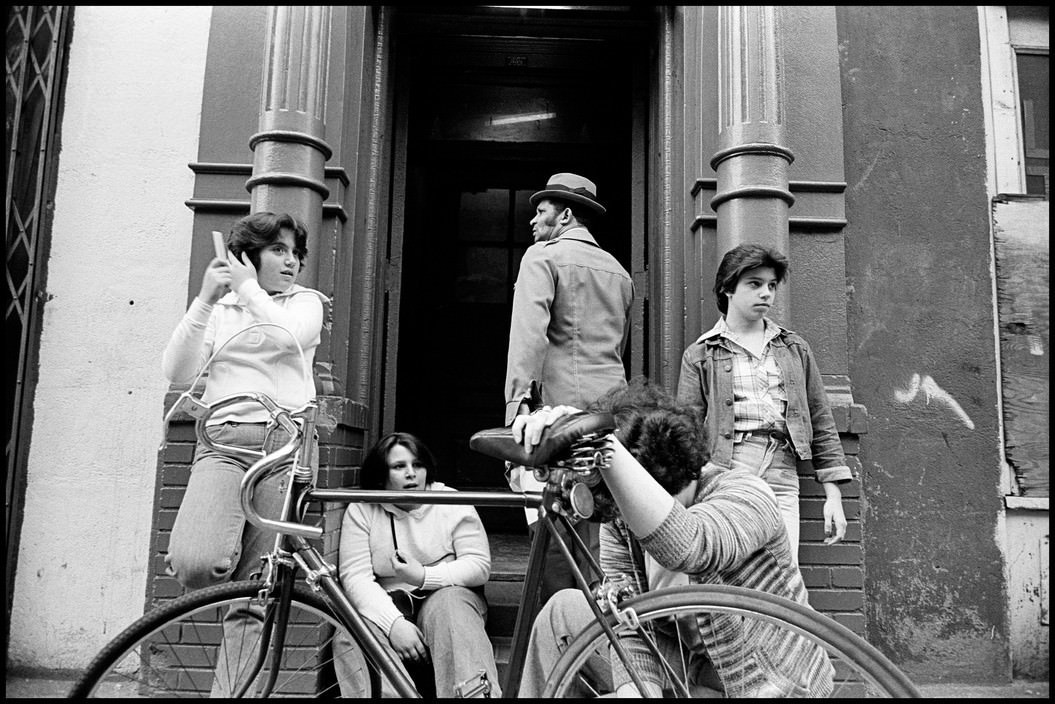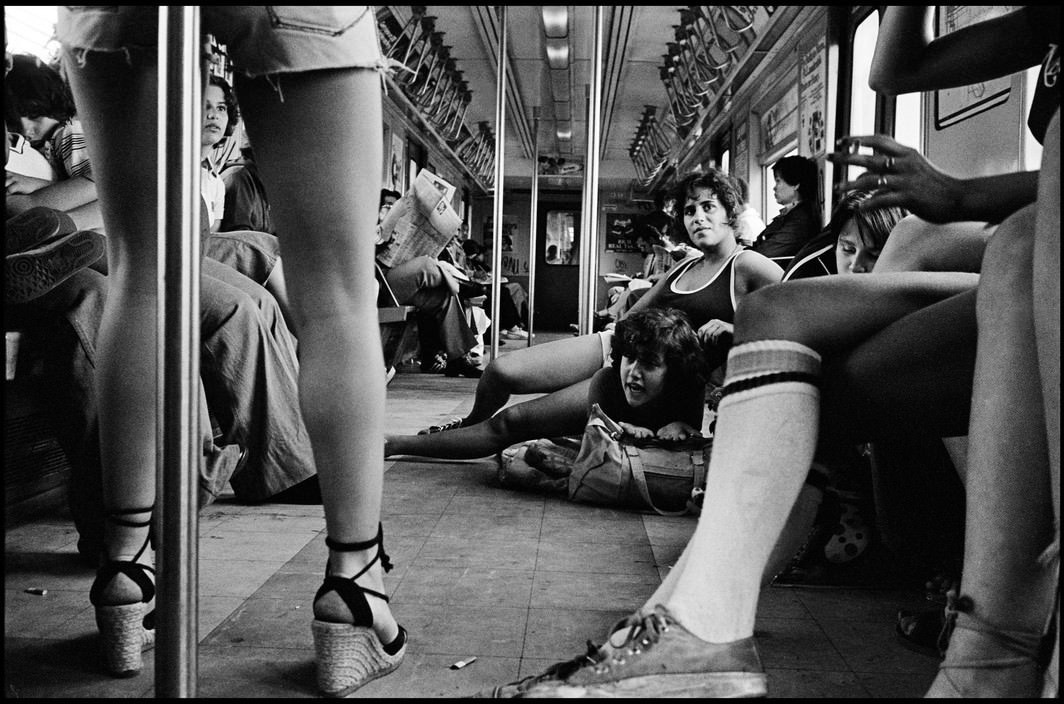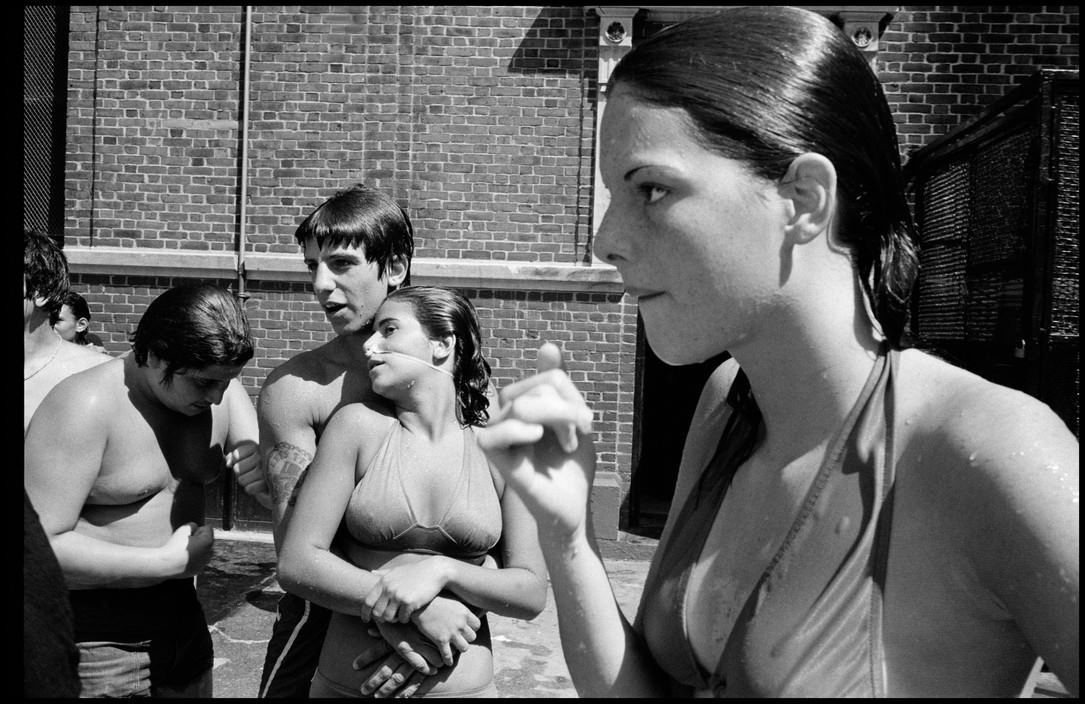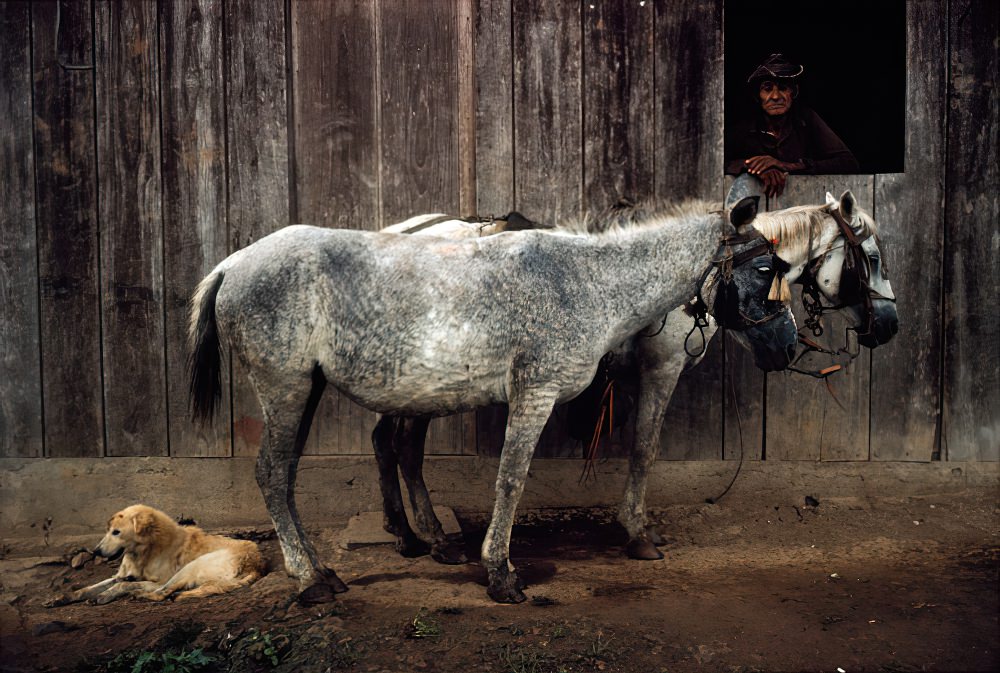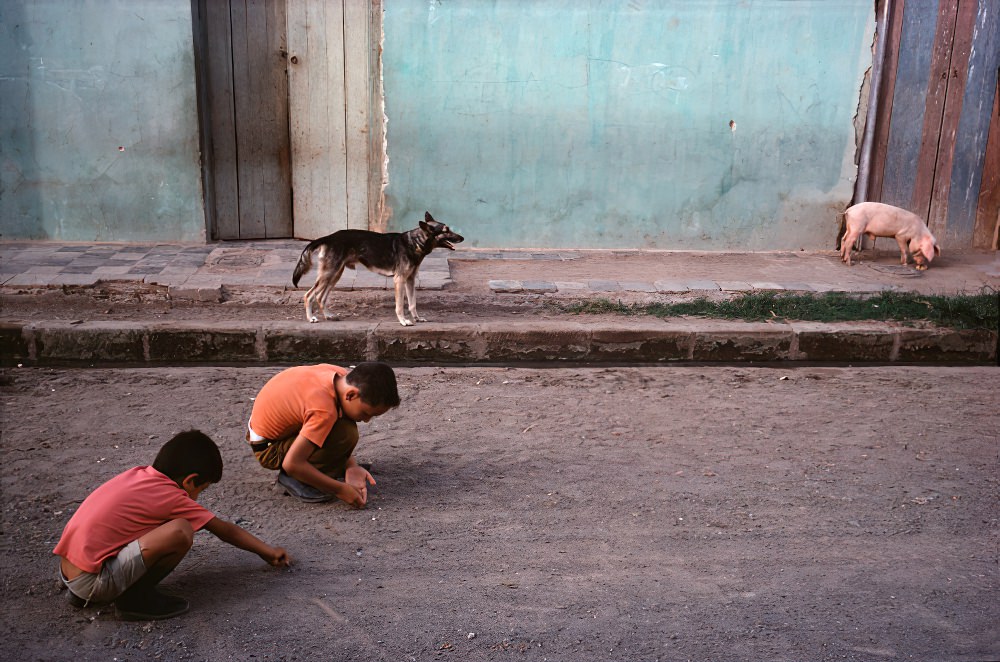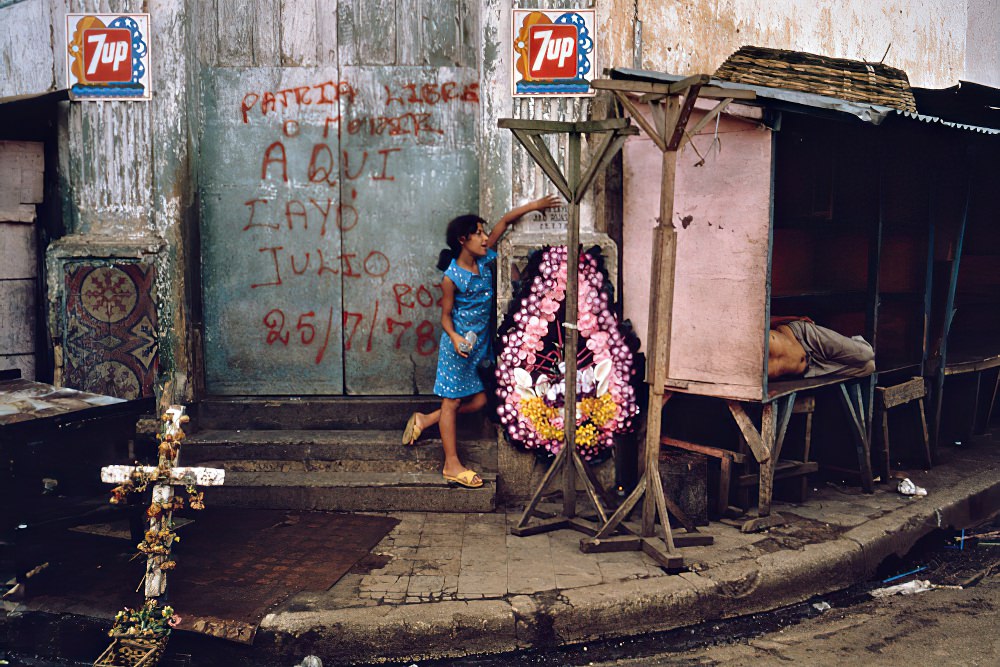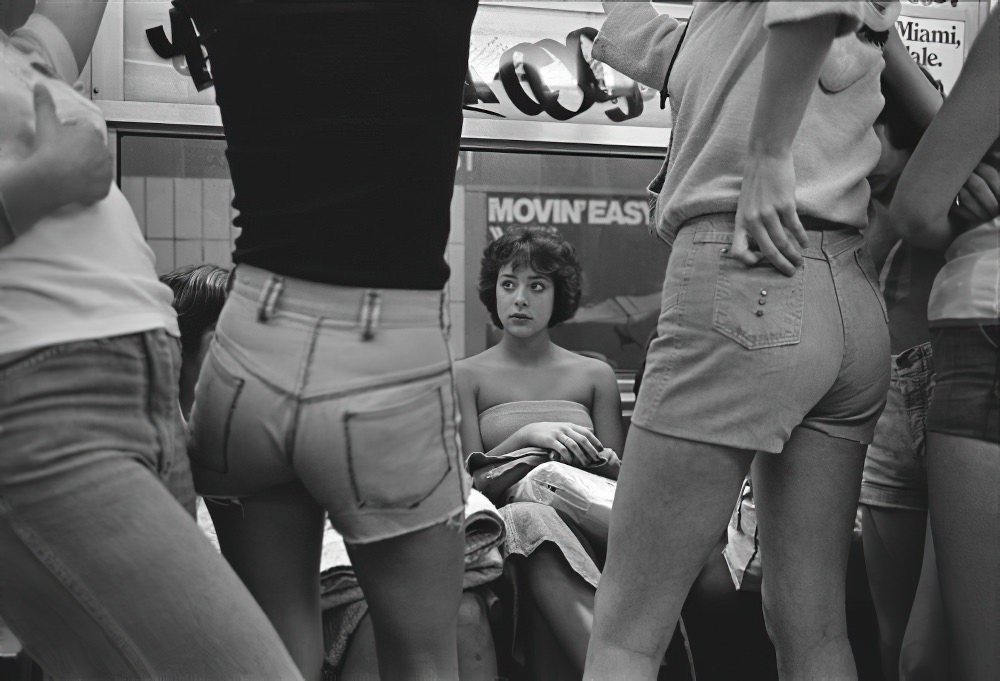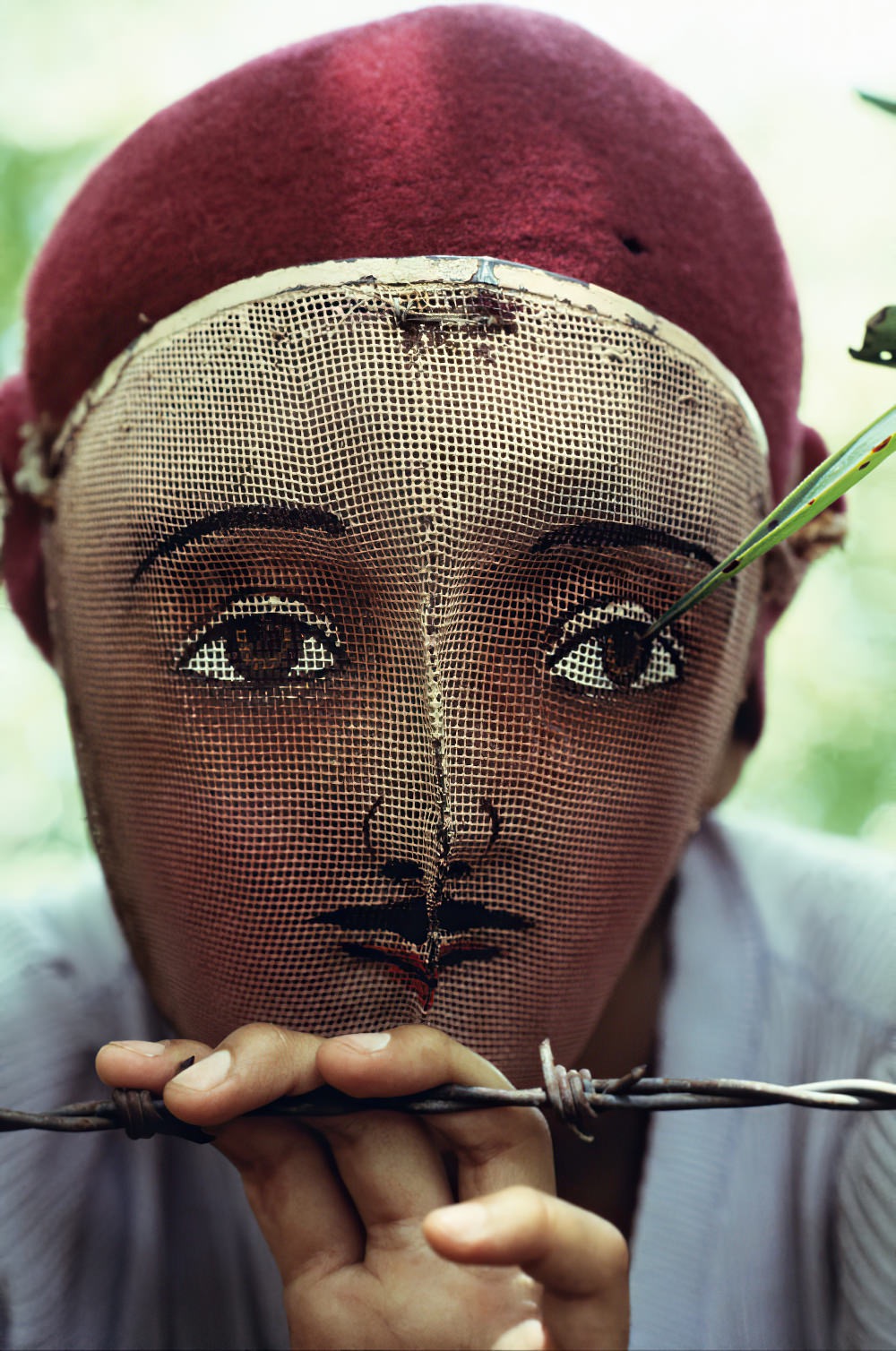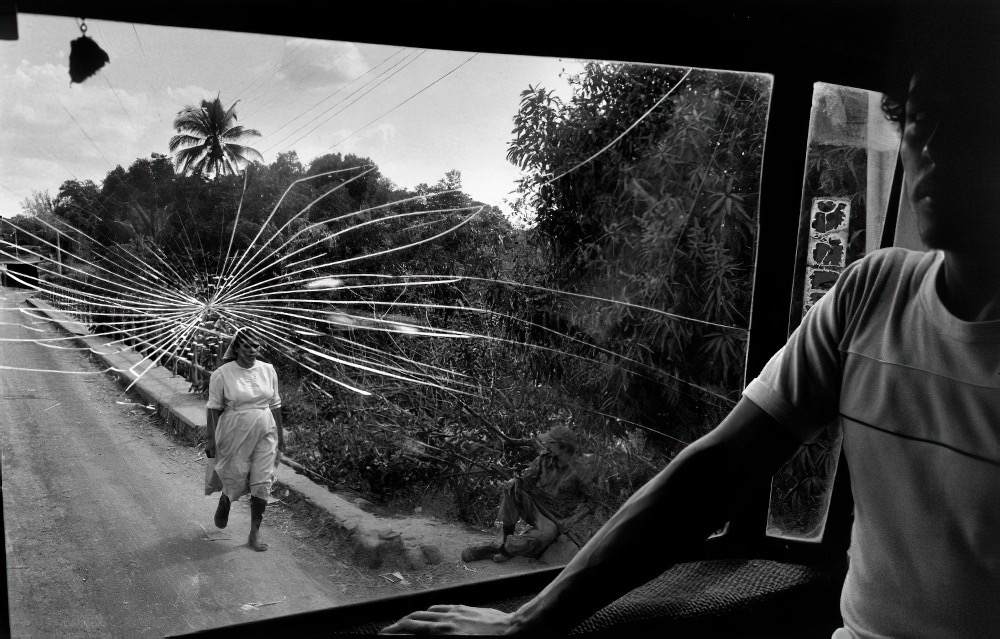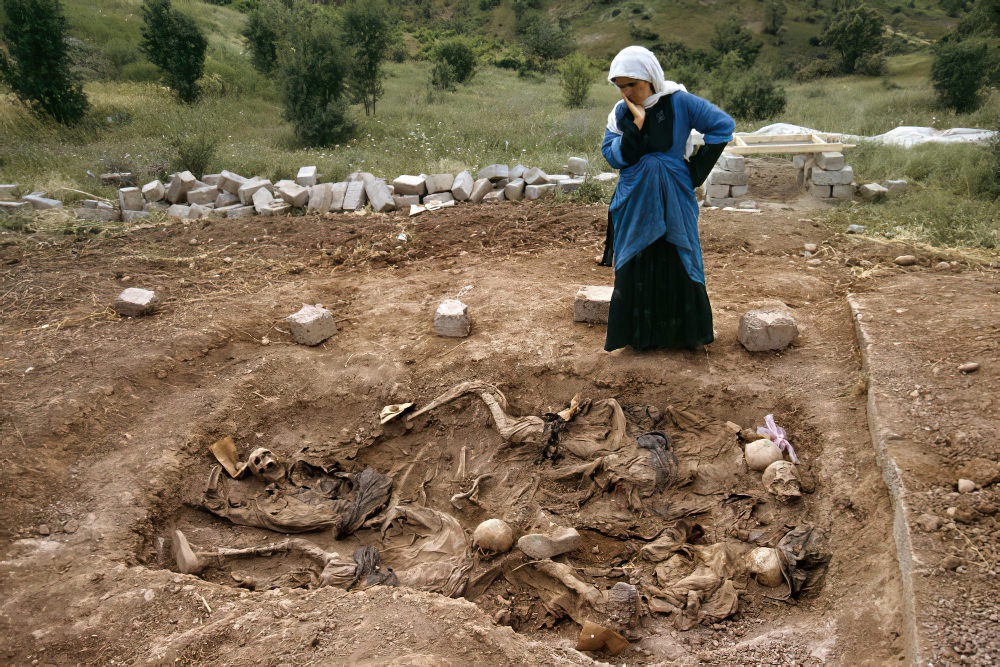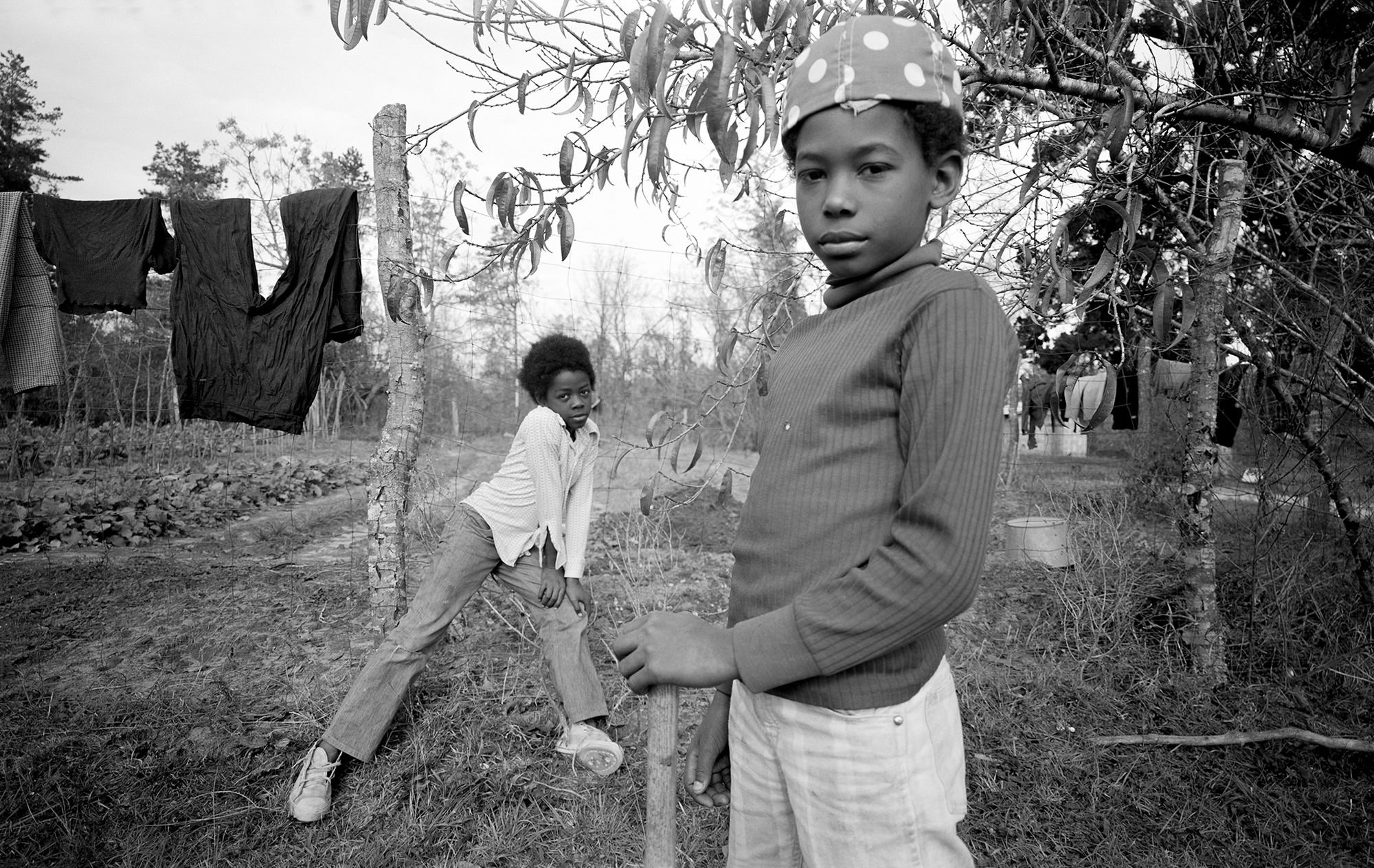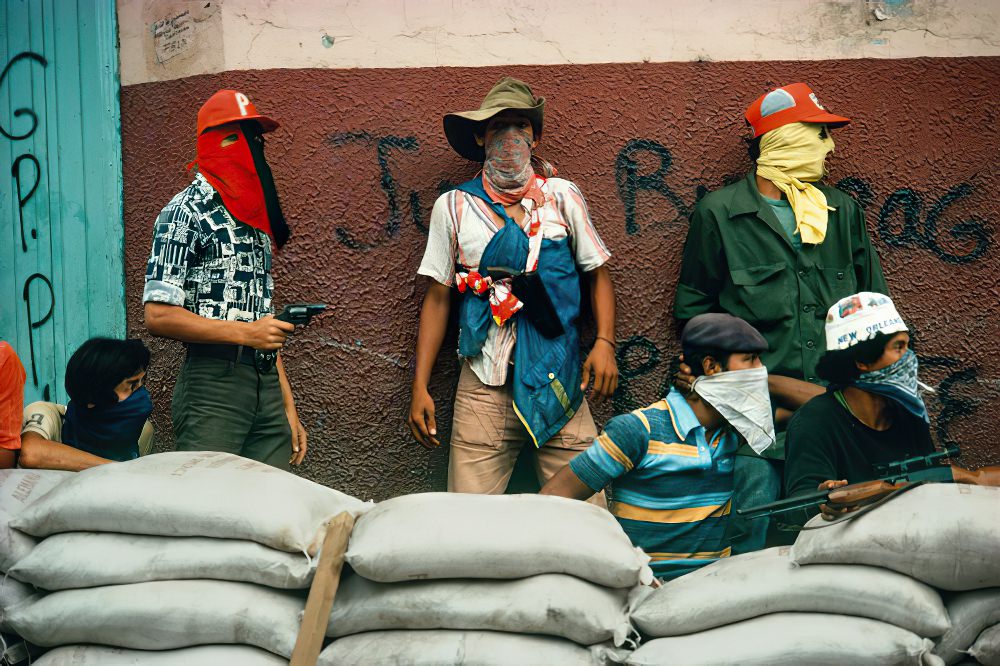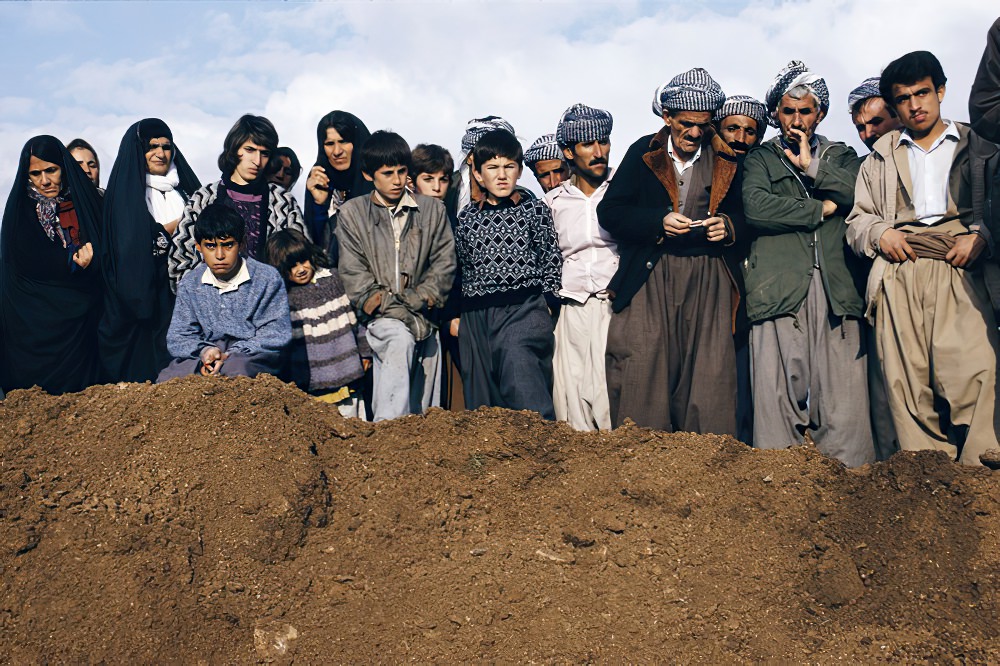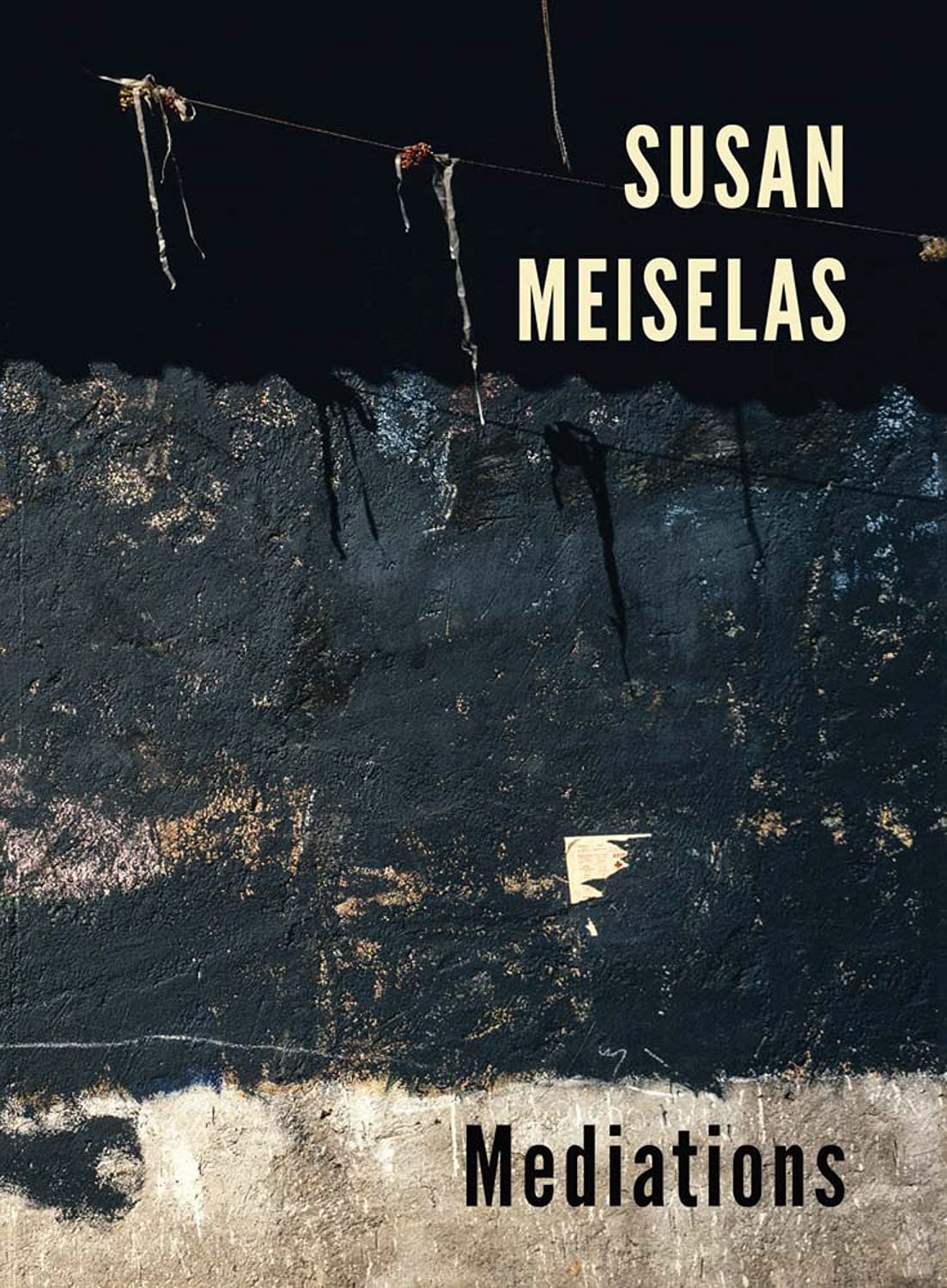Susan Meiselas: Mediations
US photographer Susan Meiselas has been addressing pressing social and political issues since the 1970s. Her work, a comprehensive show of which is now being presented in Austria for the first time, revolves around documenting wars, revolutions, and humanitarian crises and exploring issues such as cultural identity and feminism. The solo exhibition at KUNST HAUS WIEN features Meiselas’ early series Carnival Strippers (1972–1975) and Prince Street Girls (1975–1992) as well as the installation Mediations (1978–1982) on the Nicaraguan revolution. Also showcased at the exhibition is her current series on women’s refuge shelters in the UK. A Room of Their Own (2015–2016) comprises photographs of the shelters as well as accounts by the residents themselves and some of their personal items.
“The camera is an excuse to be someplace you otherwise don’t belong. It gives me both a point of connection and a point of separation.” — Susan Meiselas
NICARAGUA
Susan Meiselas became known through her photo reportages on the Nicaraguan revolution. From 1978 to 1982 she documented the uprising of the Sandinistas against the then president Anastasio Somoza Debayle. Some of her photographs, foremost among them the “Molotov Man”, became iconic media images and shaped the way the Latin American revolution was perceived in the West. The exhibition illustrates how such motifs were picked up and reproduced in various contexts.
CARNIVAL STRIPPERS
The role of women has been a focal point of Meiselas’ work ever since the 1970s. In her first major photographic essay entitled Carnival Strippers (1972–1975), she showcased the working conditions of women who earned a living working as strippers at fairs in New England. She combined her photographs with audio recordings of the women, their clients, and their managers. In this project Meiselas depicts the reality of life for these protagonists and lets them tell their own stories, thereby strengthening their feeling of self-worth and their personal identity.
PRINCE STREET GIRLS
For the series Prince Street Girls, she accompanied young girls in Little Italy, New York City over a period of seventeen years – from childhood to puberty and on into adulthood. The photographs illustrate the gradual changes in their lives, their bodies, and their place within society.
ARCHIVE OF ABUSE
In her series Archive of Abuse, Susan Meiselas addressed the issue of domestic abuse. In the early 1990s, the photographer was invited to support an awareness-raising campaign in San Francisco on the subject of domestic violence. Meiselas used material from police reports to focus on documenting the crimes, both visually and in text. The collages created in this way were posted in public spaces to raise people’s awareness of the many different forms of violence towards women as a structural phenomenon.
KURDISTAN
Meiselas’ starting point for her long-term project Kurdistan was the documentation of the genocide perpetrated against the Kurds by the Iraqi regime under Saddam Hussein in northern Iraq in 1988. She created an archive that preserves a people’s cultural memory and the chequered history of the Kurdish diaspora. The multimedia project comprises photographs, videos, documents, and oral accounts compiled by the artist over a period of more than thirty years.
Also incorporated into the exhibition are the results of a workshop that Susan Meiselas is holding in September 2021 with Kurds who live in Vienna.
About the Author
Susan Meiselas (1948, Baltimore, USA), a member of Magnum Photos since 1976, became known for her work in the conflict zones of Central America (1978–1983), and in particular for her powerful photographs of the Nicaraguan revolution. Endlessly exploring and developing narratives, she involves her subjects in her works, often working over long time spans and covering a wide range of subjects and countries, from war to human rights issues and cultural identity to the sex industry.
This exhibition, entitled Mediations after an eponymous work, is the most comprehensive retrospective ever held in Europe, bringing together a selection of works from the 1970s to the present day. Mediations (1978–1982) is based on Meiselas’s initial experience during the popular insurrection in Nicaragua. The selection process of her images for the publication Nicaragua: June 1978–July 1979 and the use of the same photographs by the mass media left her with many questions about how images are used in different contexts. Towards the end of the 1990s, Meiselas started to use archival material that she collected, published and exhibited as part of multimedia installations, thereby giving a voice to individuals and communities subject to violence and oppression.
Meiselas often adopts different approaches to extend her work in various forms: photographic essays, installations, books, or films. For example, the documents used in the book Kurdistan: In the Shadow of History (1997) became an online archive of collective memory, akaKURDISTAN (1998), which is currently shown as an ongoing project in the form of a “Storymap” created by contributors from the global Kurdish diaspora. Working as an editor, she initiated two collaborative projects highlighting the work of regional photographers – El Salvador: The Work of Thirty Photographers (1983) and Chile from Within (1991). The latter focused on work by photographers living under the Pinochet regime. Meiselas has also worked on four films on Nicaragua: she co-directed Living at Risk: The Story of a Nicaraguan Family (1985), Pictures from a Revolution (1991), and Reframing History (2004), and contributed to Voyages (1985).
This exhibition reveals Meiselas’s unique approach as a photographer who has constantly questioned the status of her images in relation to the context in which they are perceived, showing how she moves through different scales of time and conflict, ranging from the personal to the geopolitical dimension.
Susan Meiselas: Mediations
16 September 2021 – 13 February 2022
Kunst Haus Wien – Austria

